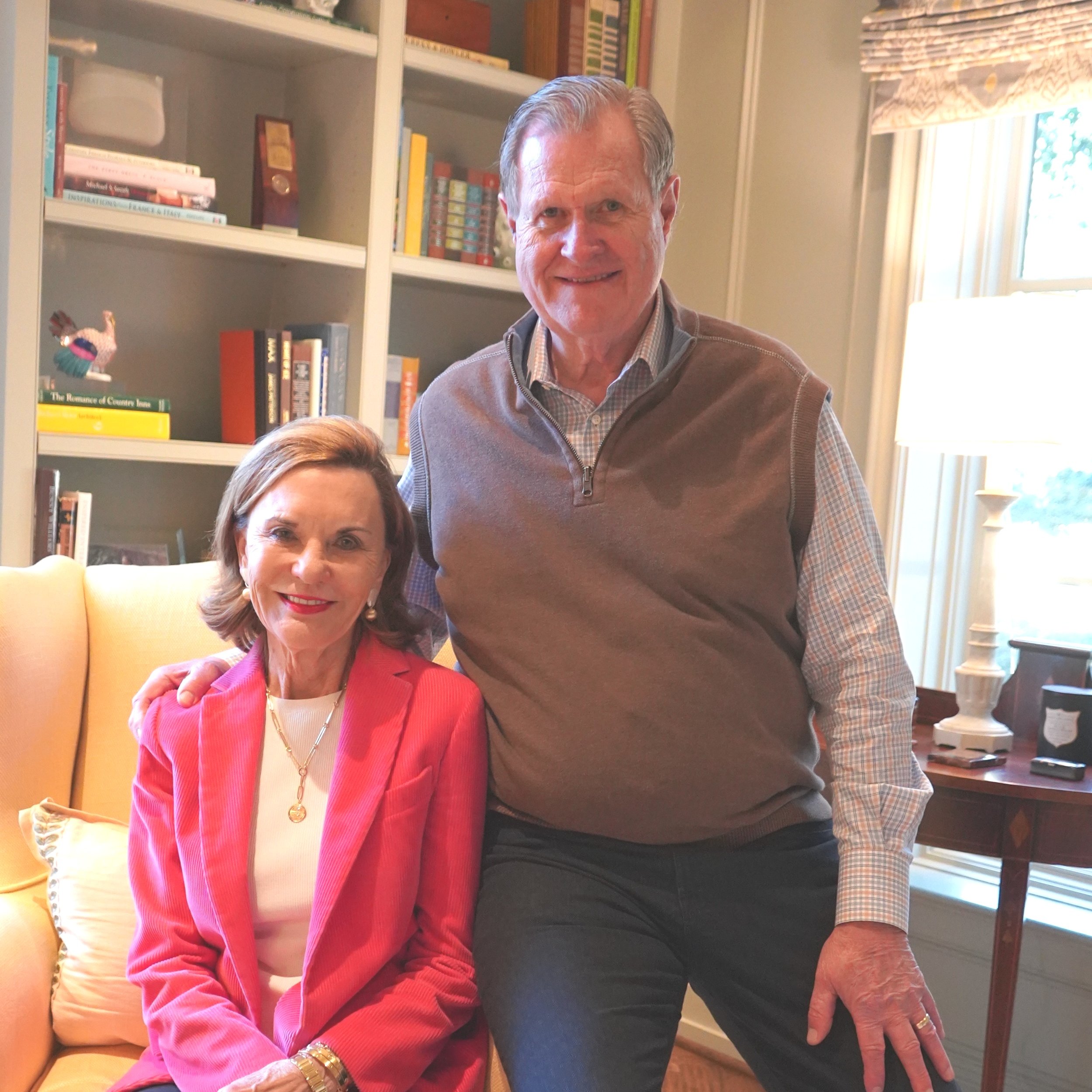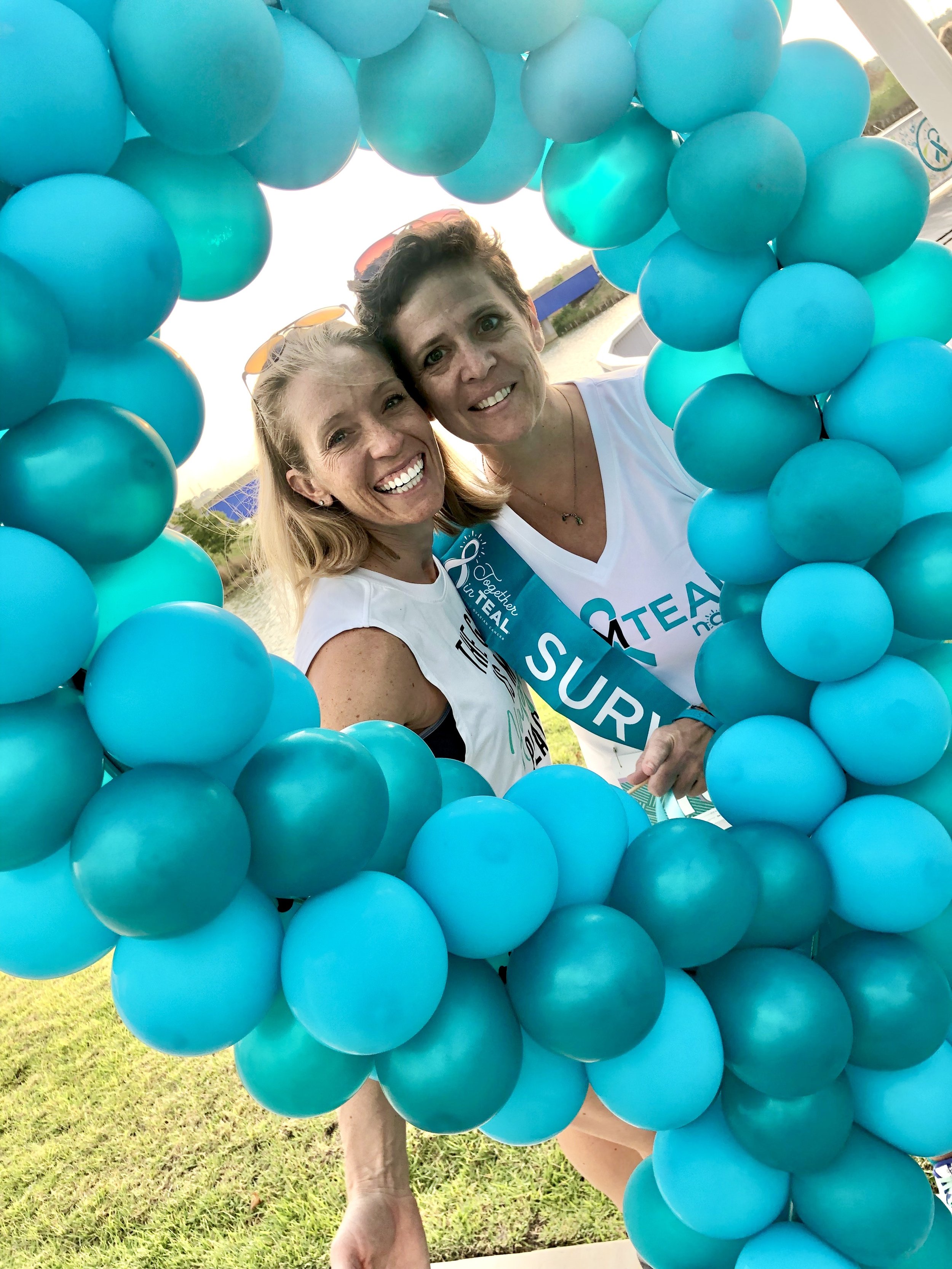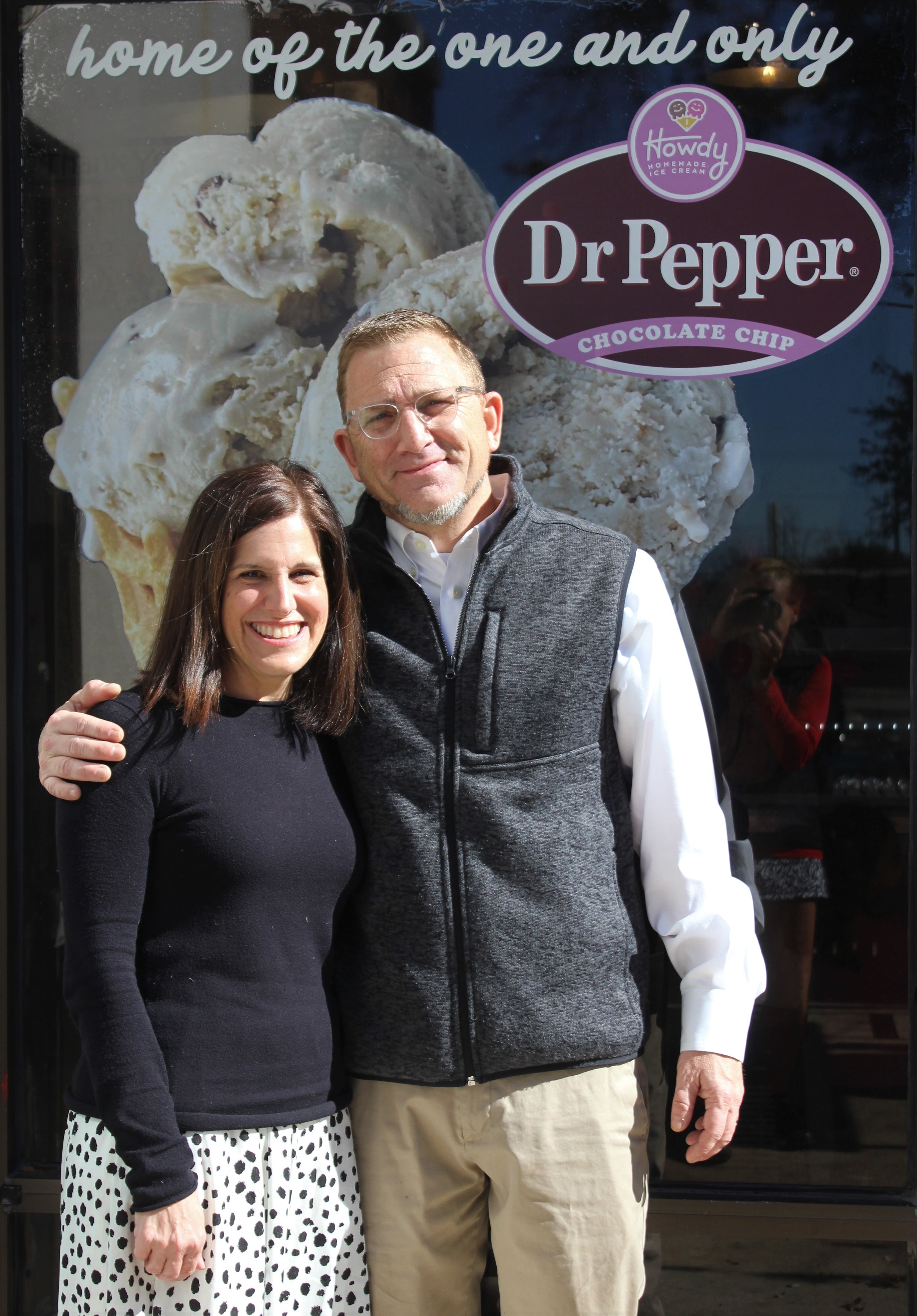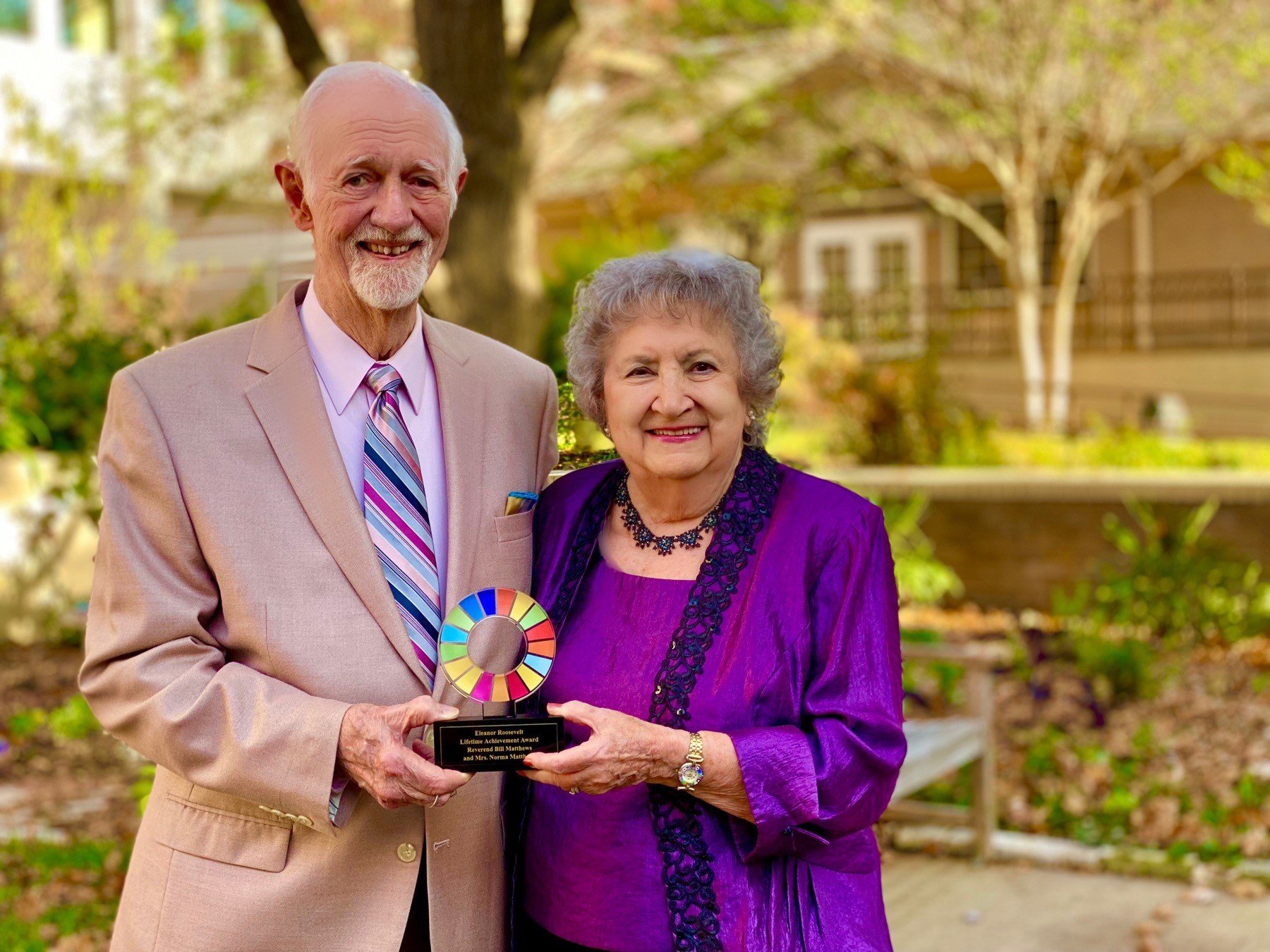Published March 10, 2021 at 4:41pm.
Story by Kathryn Lomuscio. Photos by Erin Schreyer.
For Reid Porter, seeing a child ride their bike in the safety of their neighborhood is a sign of a job well done. Reid is the CEO of Act, Advocates for Community Transformation, a legal justice nonprofit working across Dallas. Act enables families in the historically underserved and high-crime areas of Dallas to use the legal system to fight crime in their streets and neighborhoods. Act’s mission is to make neighborhood safety a reality for everyone in Dallas, regardless of where they live.
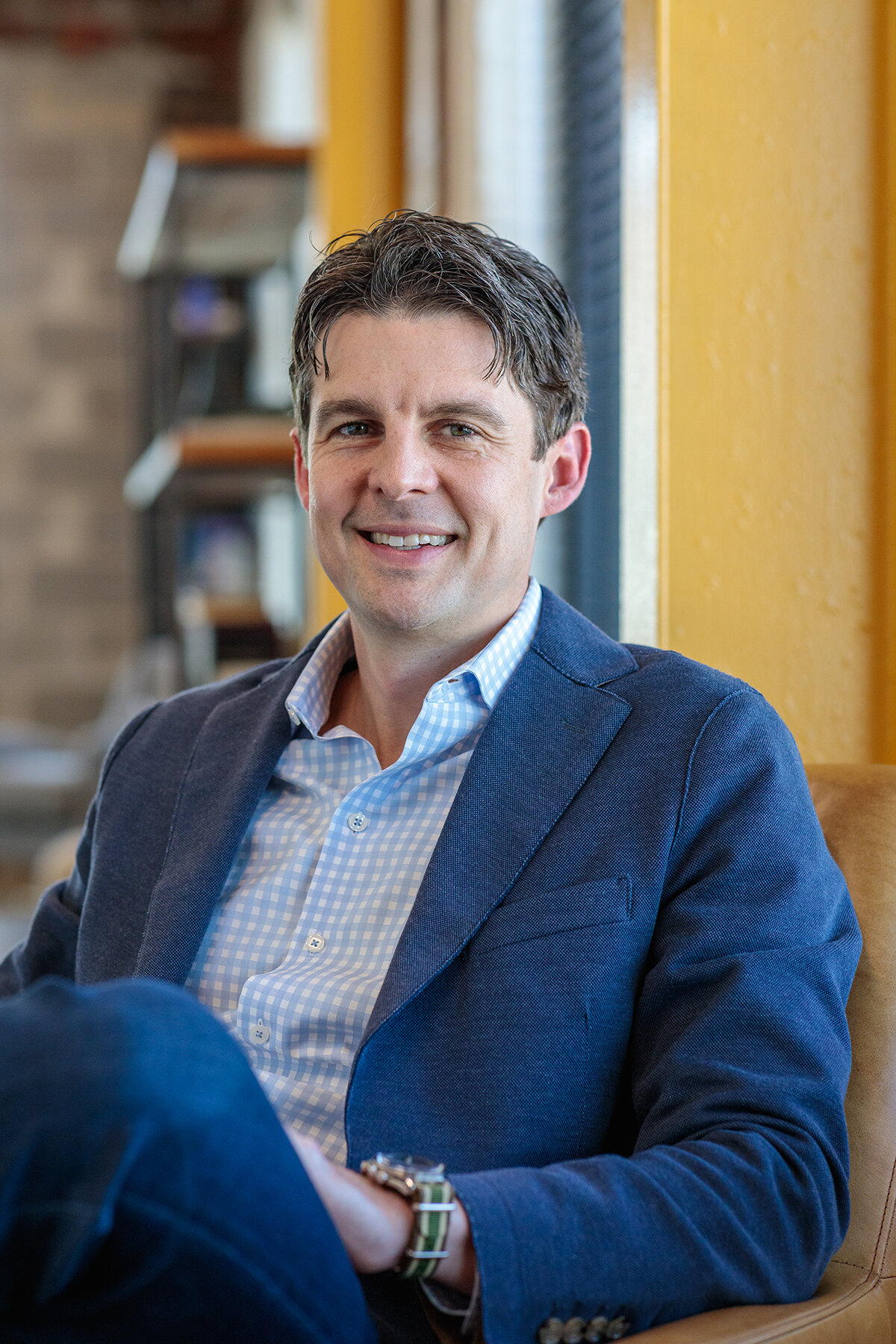
Reid Porter, Chief Executive Officer at Act
The way that Act creates change in these neighborhoods is from the inside—from the very communities suffering from crime, such as drug houses and prostitution. They empower individuals to become activists on their own street and connect neighbors with each other, as well as other local organizations including neighborhood associations, churches and other nonprofits, the Dallas Police Department, the City Attorney’s Office, and Code Compliance. They also provide legal counsel through the help of local volunteer attorneys.
“It’s fascinating watching these different stakeholders come together for even perhaps just one family so that they can sleep at night and no longer be worried about gun fire or their kids being able to do homework without hearing violence outside,” Reid shares. “Children are no longer being confronted with drug dealers and prostitutes on their walks to school.”
The work that Act does relies on relationships and, as Reid likes to say, “diminishing the distance” between the stakeholders and those who can help them take action. Their work depends on closing gaps that have been created through distrust or disadvantage.
“It’s been really cool to see relationships grow and deepen. When I think about all the different parts of a community and I think about diminishing the distance, I think about the importance of proximity or nearness,” Reid says. “I also think about the resident clients who started out with us in West Dallas and are sharing their stories of redemption, healing and justice with residents in South Dallas and South Dallas folks driving over to South Oak Cliff to encourage families who are just getting started with this initiative there. I think about the idea of bridging the gap between the legal system and those we represent; closing the distance of racial justice, bringing cohesion between police and the community, drawing together neighborhoods from South Dallas to North Dallas. It’s working to bring people together over a cause that transcends where we live, one that impacts our entire city. The police, lawyers, residents, local pastors, donors —when they all come together, an amazing change happens—and we couldn’t do it without any one of them.”
>
“It’s working to bring people together over a cause that transcends where we live, one that impacts our entire city.”
Reid originally became involved in the neighborhoods of West Dallas while mentoring for another Dallas nonprofit. His eyes were opened to the need there and how his expertise and that of others could serve those in these disadvantaged neighborhoods. Reid shares, “It was really through that experience that I became familiar with West Dallas and to see how God could use my education and experience as a lawyer to bring access to a group of really courageous men, women, and families who were living under the weight of crime and violence.”
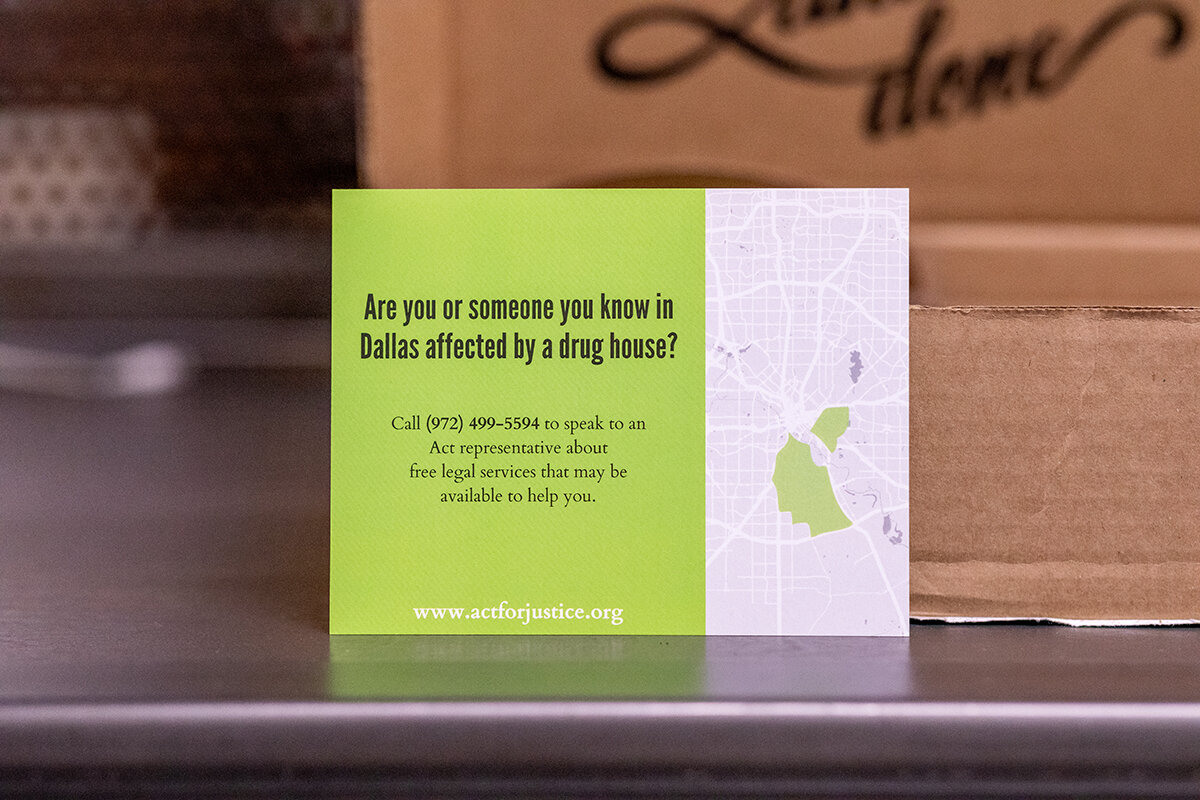
Act started in 2009 serving a quarter of a square mile of West Dallas and has since replicated their work in South Dallas, South Oak Cliff and Pleasant Grove. The organization has grown from a team of one (Reid) based out of an office at West Dallas Community Church to a dynamic team of 27, including lawyers, social workers, administrators, and fundraisers, in a new 7,000 square foot space in the Cedars.
Reid is proud of the work Act has been able to accomplish over the past twelve years. They have been able to educate 993 residents in their work of neighborhood activism and helped 275 families shut down 185 drug houses. There has been a 50% reduction in crime in the West Dallas neighborhoods where Act first began their work. Closing just one drug house creates peace of mind for hundreds of residents within its radius.
Built on a foundation of Christian faith, Act is motivated to do this specific work out of a love for their neighbor and a desire to see them flourish, both physically and spiritually. They believe that their mission is to love and serve the disadvantaged of Dallas in tangible ways, using the gifts and talents that they have been given.
“We are the hands and feet of Christ as we serve our city, and we do that in a very tangible way by providing access to the legal system that enables us to come alongside men and women who are upset by their environment and want to see change. They want to live in a safe neighborhood. They are also looking for a deep spiritual peace—for wholeness and flourishing,” Reid says.
Reid and his team also believe that the disparities seen in these disinvested areas of Dallas, which are populated primarily by people of color, stem from historical racial inequality and that Christians in Dallas are called to step in to work against it.
“Dallas is one of the most segregated cities in the nation. When you really look at the disparities, which I think are really illuminated by COVID-19, at the root of these disparities is racism. It’s racism that creates a lack of access and opportunity,” Reid says. “It’s racism that keeps the Christian community withholding good for those to whom it’s due. Those of us who hold privilege and influence have the opportunity to be intentional about working against that. As we are providing equity, we’re bringing justice, we’re righting wrongs which has a whole host of ramifications for racial justice. We need to be loving our brothers and sisters of color in a way that we’ve never done before.”
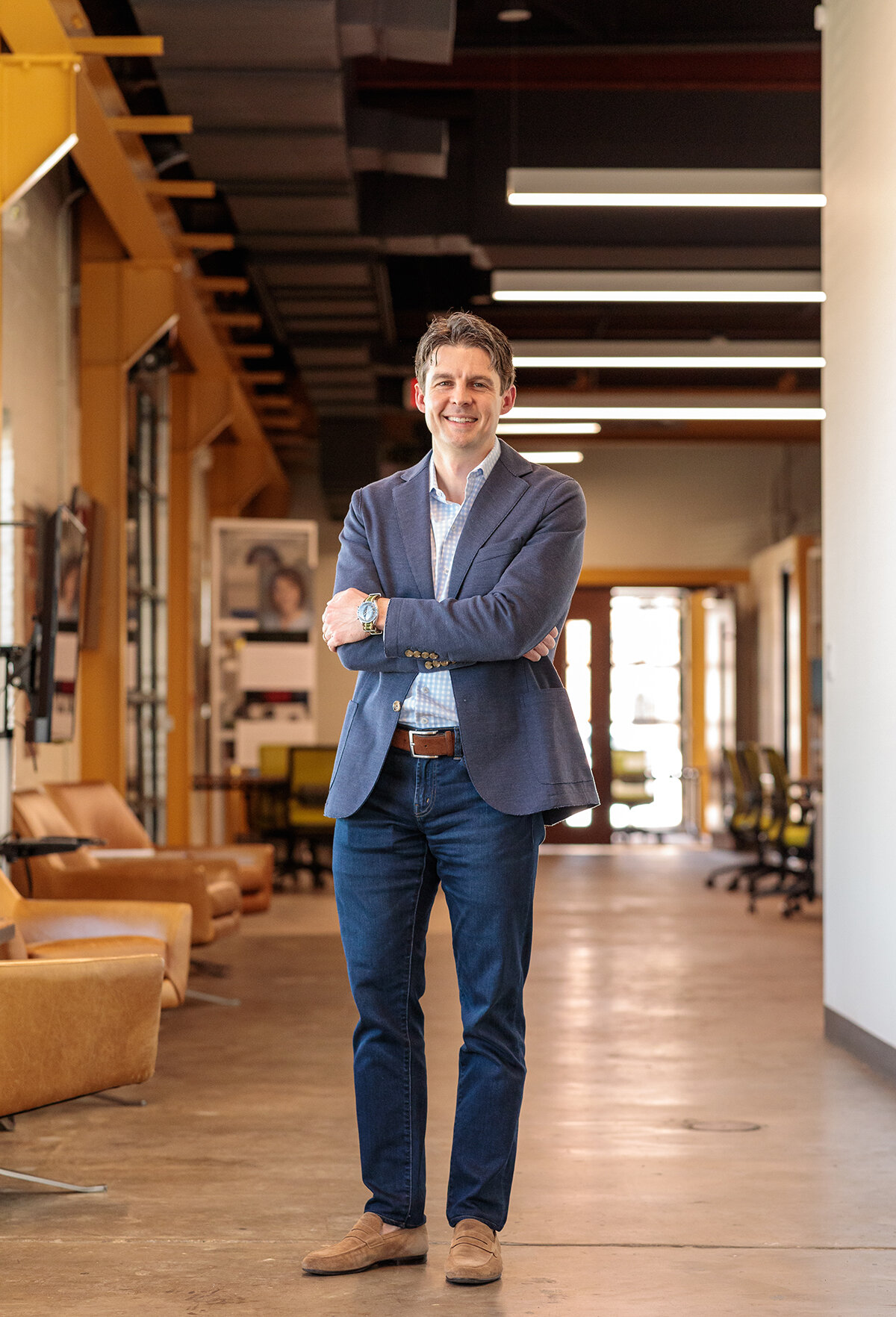
Act is excited to share the work that they do with others and hopes to see what they do duplicated in years to come and encourages those who would be interested in doing this work to contact them. In 2020, they developed a 10-year vision called Vision 2030, which is to take their work deeper in Dallas and wider to other cities. They are currently developing an institute tentatively called the Center for Justice and Neighborhood Safety, an initiative that will be used as a model for training leaders around the city and to scale Act programming in other cities.
Reid’s favorite Act success story is that of Linda Portillo. Her parents brought Linda and her brother to Dallas in hopes of living a better life with more opportunities. The reality they faced when they got there was far from what they dreamed; her parents never slept well for fear of their home being broken into, Linda was solicited for prostitution on her way home from school, and her mother never felt safe allowing her brother to ride his bike on their road out of fear of drug dealers.
“It’s so impactful to me because I imagine that most of us grew up in neighborhoods where we don’t fear for our safety. Our parents let us ride our bikes up and down the street, we could play in our front yard. Gunfire doesn’t distract us from doing our homework,” Reid says. “Crime and violence keeps families like the Portillos from living that kind of life. While the Portillos are courageous people who want change for their neighborhood, they often times lack the access to relationships, resources, and systems that would enable their family to flourish and thrive—and so there’s this gap between what many of us experience in our own neighborhoods and the underserved neighborhoods in our city where there is crime and violence. That’s where Act steps in.”
The Portillos became one of the first families to work with Act to enact change in their neighborhood in West Dallas.
“It was wonderful to watch Linda Portillo grow into a young woman who saw her parents and other neighbors tackle one crime house after another to the point where they finally saw their street become safe. Her mother eventually allowed her younger brother to ride his bike up and down the street,” Reid shares. “Interestingly, Linda is now in her mid-20s and has come back to the West Dallas community to serve as a dental hygienist. I met her when she was 12 and worked with their family for the first decade of our work in West Dallas before we started expanding our work into other areas. It was amazing to see how equipped and empowered her family became, what neighborhood activists they became, and how they continue to put their faith in God.”
There are several ways to get involved with Act and the important work they are doing in Dallas. They are always looking for new partner attorneys or opportunities to work pro-bono with law firms. People are also invited to become Justice Partners by coming alongside Act’s mission to understand these neighborhoods in Dallas and beyond. Justice Partners provide monthly monetary support to the organization and receive updates and educational opportunities, such as recommended readings and awareness events, throughout the year. Act is also launching a new podcast this spring. They also ask for prayer support for all the stakeholders involved in the work that Act does and for reconciliation in Dallas.
More Good Stories
Featured
When Kathy and Larry Helm heard about The Senior Source’s 60th Birthday Diamond Dance-Off, they knew they had to put on their dancing shoes! For the Helms, this event combined two of their passions into one. Celebrating and supporting The Senior Source, a Dallas-area nonprofit that has been serving older adults for 60 years, and dancing together, which they have been doing since they were high school sweethearts. Both Kathy and Larry have chaired the board of directors of The Senior Source and have been proud supporters since 1998. It seemed only fitting they should be voted into the finals to dance on stage at Klyde Warren Park this past summer.
In 2020, more than 912,000 women were diagnosed with some form of cancer in the United States alone. During that same pandemic year, countless medical appointments were canceled while people were social distancing, and yet still each day nearly 2,500 women heard the news, “you have cancer.” There is no doubt that these words can be crushing to hear, but what’s equally crushing is the lack of tangible, encouraging support that exists to help women feel beautiful, strong or “normal” before, during and after cancer treatment.
When Tom Landis opened the doors to Howdy Homemade in 2015, he didn’t have a business plan. He had a people plan. And by creating a space where teens and adults with disabilities can find meaningful employment, he is impacting lives throughout our community and challenging business leaders to become more inclusive in their hiring practices.
Have you ever met someone with great energy and just inspired you to be a better you? Nitashia Johnson is a creator who believes by showing the love and beauty in the world it will be contagious and make an impact. She is an encourager and knows what “never give up” means. Nitashia is a multimedia artist who works in photography, video, visual arts and graphic design. Her spirit for art and teaching is abundant and the city of Dallas is fortunate to have her in the community.
The United Nations Association Dallas Chapter (DUNA) honored Rev. Bill and Norma Matthews for their ongoing commitment, helping advance the United Nations Sustainable Development Goals agenda by promoting peace and well-being.

